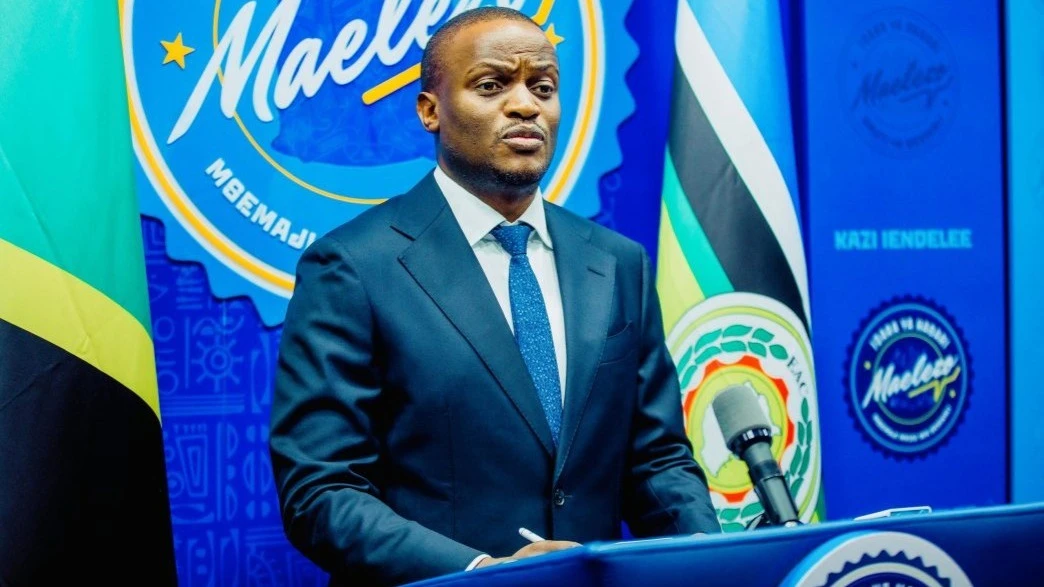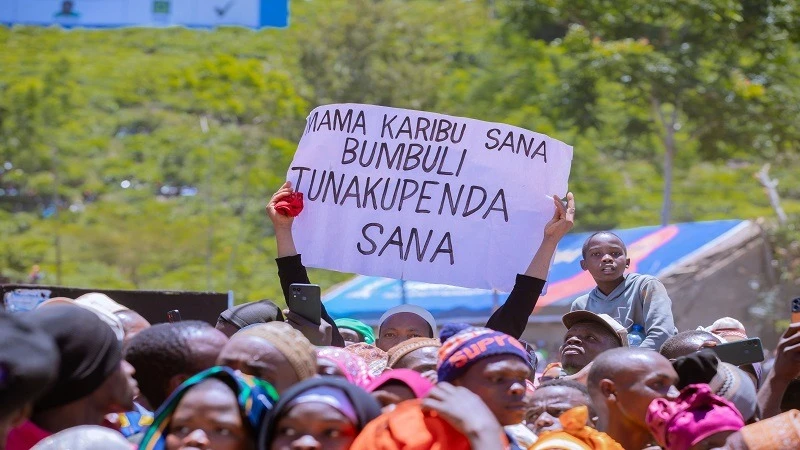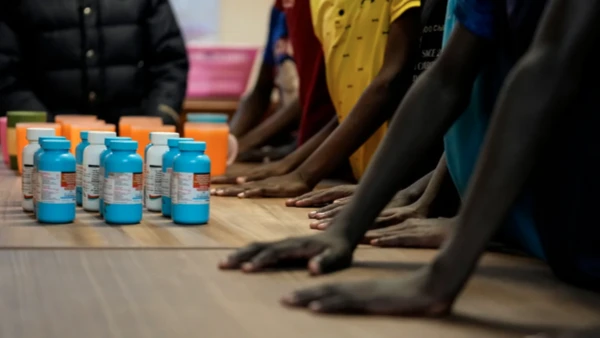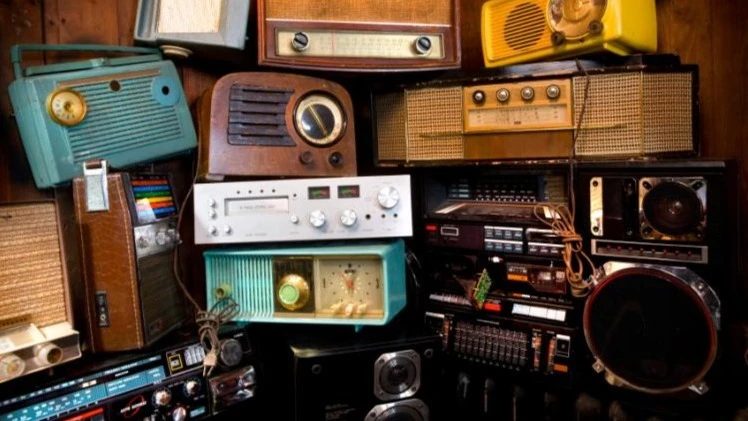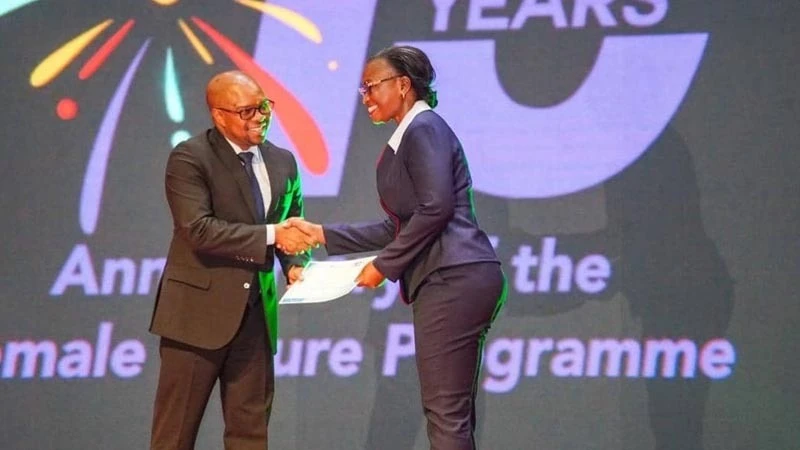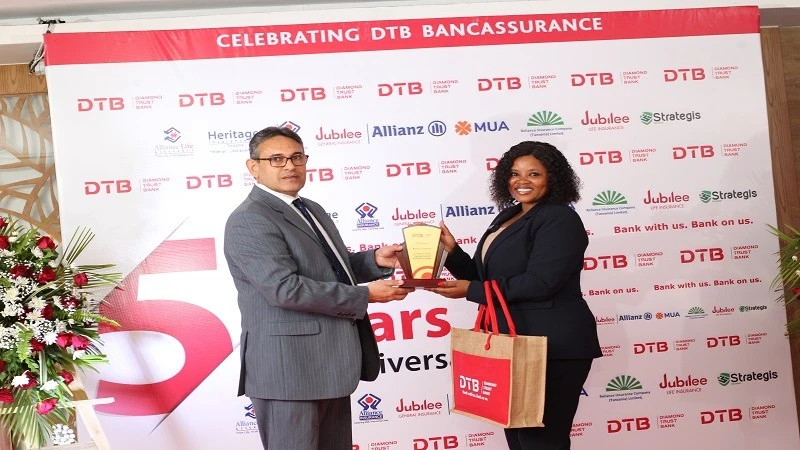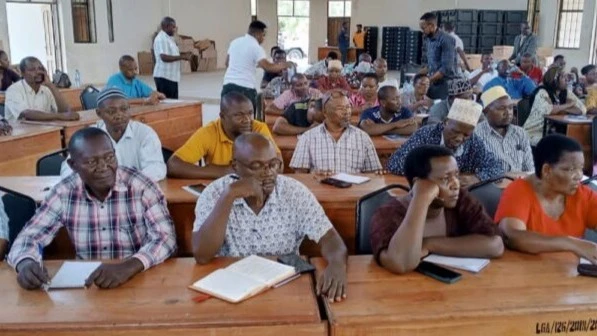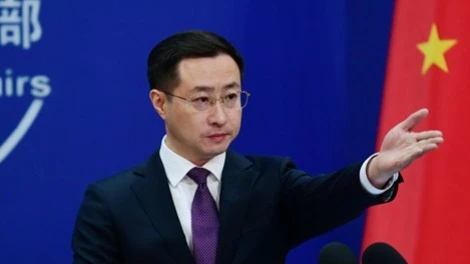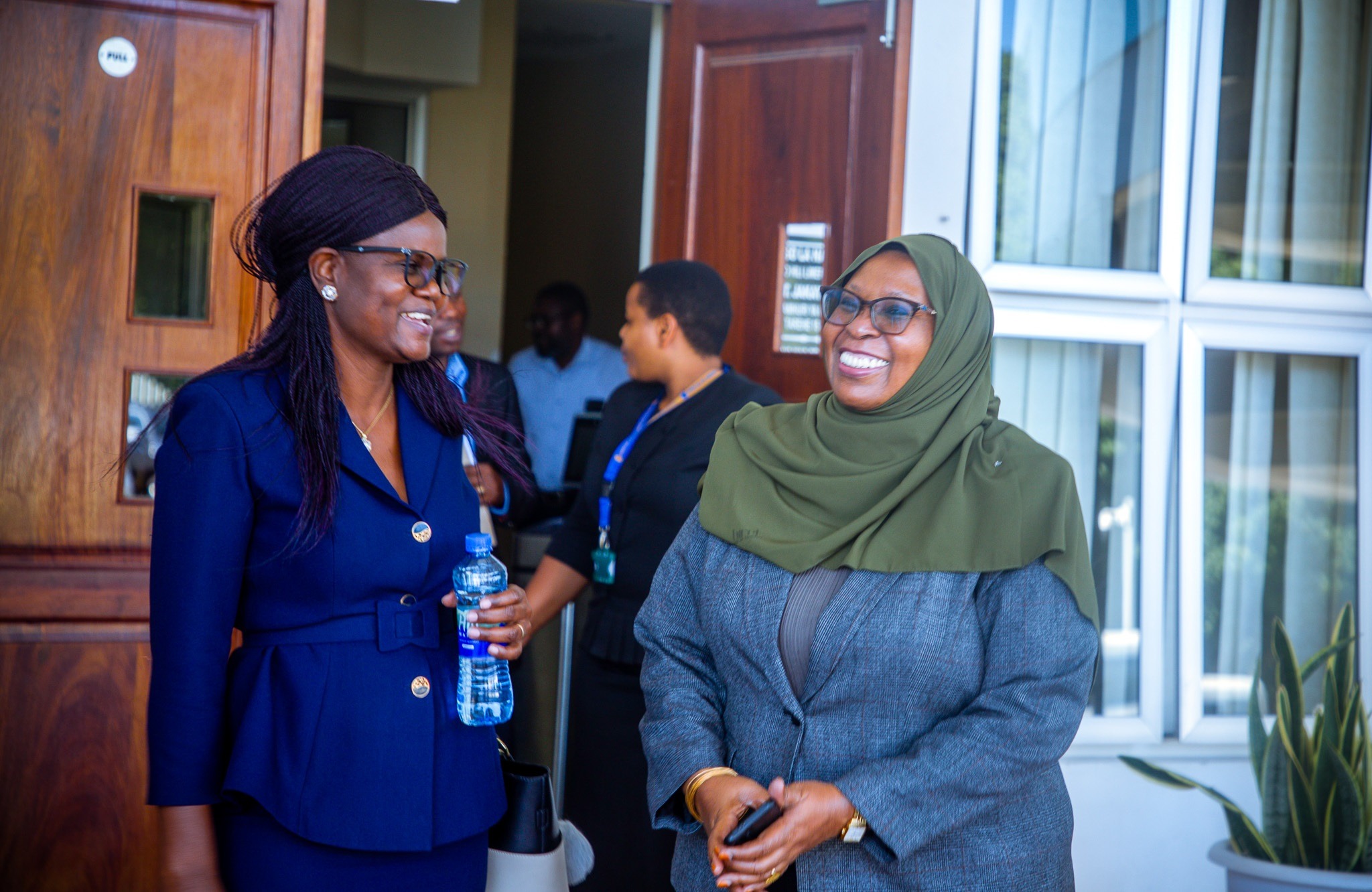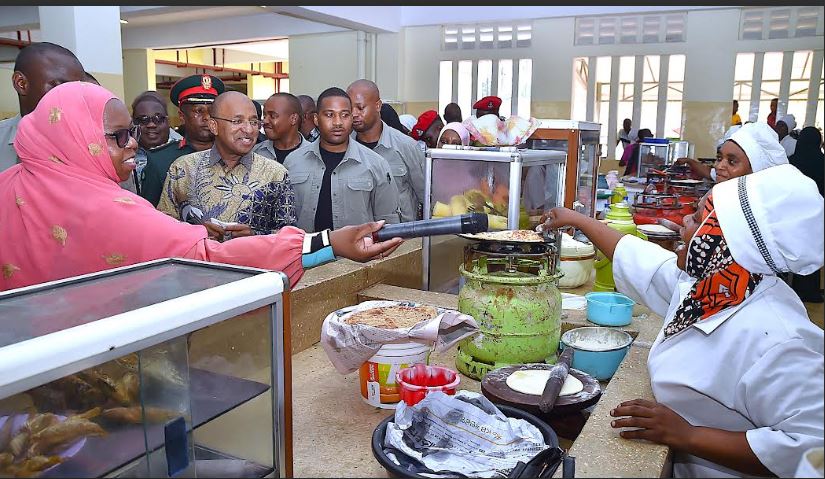Radio: The timeless voice in a changing world, informing, inspiring and connecting generations
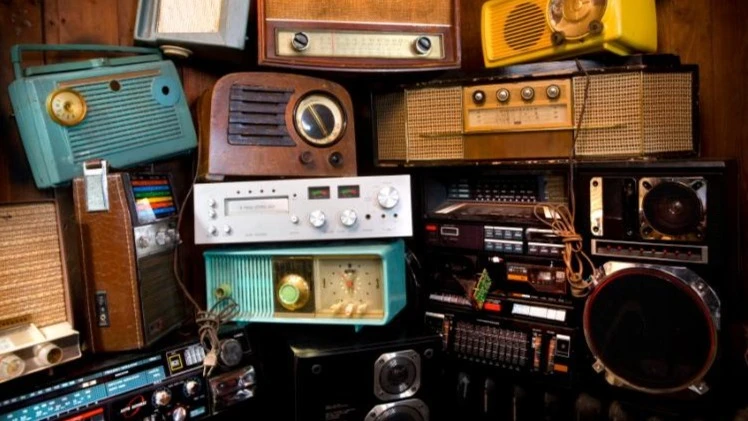
THURSDAY, 13th February 2025, marked World Radio Day, an annual event first proclaimed by UNESCO in 2011 and later adopted by the United Nations General Assembly in 2012. This year’s theme, Radio, and Climate Change: A Powerful Tool for Action, underscores the crucial role radio continues to play in informing, educating, and mobilising communities worldwide to confront environmental challenges.
toIn an era dominated by rapid technological advancements and the fleeting nature of digital platforms, radio stands resilient as one of the most reliable and widely accessed mediums.
It remains a lifeline, especially in remote and underserved regions, providing timely information, amplifying diverse voices, and fostering public dialogue on issues of national and global significance.
While we celebrate this milestone, it is worth reflecting on radio’s enduring impact and its evolving role in today’s fast-changing media landscape.
Tanzania, a nation with a vibrant broadcasting sector, boasts an impressive 219 registered radio stations, according to the Tanzania Communications Regulatory Authority (TCRA).
These stations include state-owned, private, and community-based broadcasters, each serving a unique purpose in disseminating information, shaping public opinion, and preserving the richness of Swahili language and culture.
Over the decades, radio has been instrumental in fostering civic awareness, educating the masses, and providing a platform for national discourse. Historically, it has played a pivotal role in informing communities about governance, exposing corruption, and promoting social cohesion.
From urging citizens to participate in elections to spreading awareness of critical health interventions, radio has consistently proven to be an indispensable medium. Moreover, it has served as a hub for entertainment, bringing music, drama, and storytelling into millions of homes, uniting listeners through shared cultural narratives.
Despite its strengths, the broadcasting industry in Tanzania, much like in other parts of the world, faces challenges in an era of digital disruption.
The transition from analogue to digital broadcasting, coupled with evolving audience preferences, has posed new demands on broadcasters. Veteran radio presenter Abdallah Majura recently expressed concern over the declining quality of radio programming, noting that many stations now prioritise light-hearted content, particularly sports discussions, at the expense of in-depth reporting on critical national issues.
“We have significant national matters, like regional energy summits and policy discussions, yet few stations cover these events. Instead, many opt for endless chatter about football. While sports commentary is important, journalism must adhere to its core principles of informing and educating the public,” Majura remarked in a recent media forum in Dodoma.
Jacob Tesha, a seasoned broadcaster who once served as a government press officer, echoed similar sentiments. He emphasised the need for ongoing training for radio journalists, lamenting that many enter the profession relying solely on raw talent without refining their skills through formal education.
“I studied in Cairo, where broadcasting training was heavily practice-oriented. Here, many students are taught theory without sufficient hands-on experience. Principles of broadcasting must be matched with practical training; otherwise, we risk producing broadcasters who lack depth and professionalism,” Tesha noted in a recent discussion on UTV.
The conversation around radio professionalism also touches on remuneration. Many broadcasters, especially those in smaller, privately owned stations, struggle with low wages, forcing them to take on multiple roles, including working as event hosts (MCs) to supplement their income. A radio presenter from Bukoba, who preferred anonymity, shared his frustrations:
“This job doesn’t pay well. You can dedicate sleepless nights to hosting a show, yet some stations only pay around TZS 300,000 per month. Many of us lack in-house training, and companies are barely surviving on limited advertising revenue, which is fiercely contested by numerous stations nationwide.”
However, despite these setbacks, radio remains an enduring pillar of Tanzanian society. Its adaptability has allowed it to maintain relevance in the digital age, integrating online platforms and interactive segments to keep audiences engaged. The rise of internet radio and podcasting further illustrates radio’s resilience, offering listeners more flexibility in accessing content on demand.
TCRA Director General Prof. Jabiri Bakari, in his remarks during the World Radio Day celebrations, highlighted the need for broadcasters to embrace innovation while upholding ethical journalism. He noted that this year’s theme serves as a reminder that the media must take proactive steps in addressing climate change.
“The media industry must align itself with global sustainability goals. Radio has a unique power to reach communities and drive climate action. Broadcasters must commit to providing fact-based information on climate issues and promoting dialogue on environmental conservation,” he stated.
Tanzania’s Minister for Information, Culture, Arts, and Sports, Prof. Palamagamba Kabudi, reinforced this message, urging radio stations to prioritise accurate reporting on climate change and other pressing societal issues. He warned that while radio is a formidable tool for peace and development, its misuse can sow discord and misinformation.
A key focus of this year’s World Radio Day celebrations in Tanzania was the role of media in elections. With the general election on the horizon, discussions centred on ensuring fair, balanced, and responsible coverage before, during, and after the polls. Broadcasters were urged to uphold professionalism and refrain from sensationalism, which could jeopardise national stability.
Permanent Secretary in the Ministry of Information, Culture, Arts, and Sports, Gerson Msigwa, commended TCRA for facilitating stakeholder discussions on the future of radio. He emphasised that radio remains a cornerstone of democracy, promoting transparency and accountability.
Looking ahead, UNESCO has called on radio stations worldwide to seize the opportunities of World Radio Day 2025 by forging international collaborations. Stations are encouraged to link up with counterparts in other countries, exchange content, and build long-term partnerships that extend beyond the February 13 celebrations.
As the world navigates an increasingly complex media environment, radio continues to prove its resilience. It is not merely a relic of the past but a dynamic, evolving force that informs, entertains, and connects people across borders.
Whether through traditional FM broadcasts, online streaming, or community-based initiatives, radio remains a voice for the people—a medium that has stood the test of time and will undoubtedly shape the future of communication.
To all radio professionals and volunteers, UNESCO extends its salute. Your dedication ensures that radio remains a trusted source of information, a beacon of creativity, and an essential pillar of society.
As Tanzania and the rest of the world celebrate World Radio Day 2025, one message stands clear: radio is here to stay, and its role in shaping the future has never been more vital. Through its ability to inform, educate, and unite communities, radio remains an irreplaceable force in media.
Across the globe, renowned radio stations set a high standard, serving as models for excellence. The BBC World Service, known for its in-depth reporting and global reach, continues to be a beacon of trustworthy journalism.
National Public Radio (NPR) in the United States delivers insightful storytelling and investigative pieces that hold power to account. Radio France Internationale (RFI) maintains its reputation for comprehensive coverage of world affairs, particularly in Francophone Africa.
In Australia, ABC Radio upholds a tradition of high-quality programming, while Germany’s Deutsche Welle (DW) provides multilingual broadcasts that bridge cultures.
These stations exemplify the power of radio when backed by integrity, creativity, and commitment to the public good. As Tanzania looks ahead, drawing inspiration from such benchmarks can ensure that radio not only survives but thrives in the years to come.
Top Headlines
© 2025 IPPMEDIA.COM. ALL RIGHTS RESERVED











